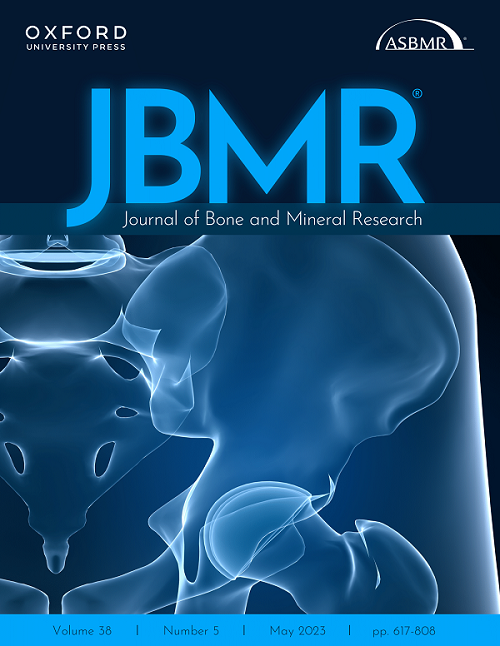Issue Information - Declaration of Helsinki
IF 5.1
1区 医学
Q1 ENDOCRINOLOGY & METABOLISM
引用次数: 0
Abstract
1. The World Medical Association has developed the Declaration of Helsinki as a statement of ethical principles to provide guidance to physicians and other participants in medical research involving human subjects. Medical research involving human subjects includes research on identifiable human material or identifiable data. 2. It is the duty of the physician to promote and safeguard the health of the people. The physician’s knowledge and conscience are dedicated to the fulfillment of this duty. 3. The Declaration of Geneva of the World Medical Association binds the physician with the words, “The health of my patient will be my first consideration,” and the International Code of Medical Ethics declares that, “A physician shall act only in the patient’s interest when providing medical care which might have the effect of weakening the physical and mental condition of the patient.” 4. Medical progress is based on research which ultimately must rest in part on experimentation involving human subjects. 5. In medical research on human subjects, considerations related to the well-being of the human subject should take precedence over the interests of science and society. 6. The primary purpose of medical research involving human subjects is to improve prophylactic, diagnostic and therapeutic procedures and the understanding of the aetiology and pathogenesis of disease. Even the best proven prophylactic, diagnostic, and therapeutic methods must continuously be challenged through research for their effectiveness, efficiency, accessibility and quality. 7. In current medical practice and in medical research, most prophylactic, diagnostic and therapeutic procedures involve risks and burdens. 8. Medical research is subject to ethical standards that promote respect for all human beings and protect their health and rights. Some research populations are vulnerable and need special protection. The particular needs of the economically and medically disadvantaged must be recognized. Special attention is also required for those who cannot give or refuse consent for themselves, for those who may be subject to giving consent under duress, for those who will not benefit personally from the research and for those for whom the research is combined with care. 9. Research investigators should be aware of the ethical, legal and regulatory requirements for research on human subjects in their own countries as well as applicable international requirements. No national ethical, legal or regulatory requirement should be allowed to reduce or eliminate any of the protections for human subjects set forth in this Declaration.发行资料-《赫尔辛基宣言
本文章由计算机程序翻译,如有差异,请以英文原文为准。
求助全文
约1分钟内获得全文
求助全文
来源期刊

Journal of Bone and Mineral Research
医学-内分泌学与代谢
CiteScore
11.30
自引率
6.50%
发文量
257
审稿时长
2 months
期刊介绍:
The Journal of Bone and Mineral Research (JBMR) publishes highly impactful original manuscripts, reviews, and special articles on basic, translational and clinical investigations relevant to the musculoskeletal system and mineral metabolism. Specifically, the journal is interested in original research on the biology and physiology of skeletal tissues, interdisciplinary research spanning the musculoskeletal and other systems, including but not limited to immunology, hematology, energy metabolism, cancer biology, and neurology, and systems biology topics using large scale “-omics” approaches. The journal welcomes clinical research on the pathophysiology, treatment and prevention of osteoporosis and fractures, as well as sarcopenia, disorders of bone and mineral metabolism, and rare or genetically determined bone diseases.
 求助内容:
求助内容: 应助结果提醒方式:
应助结果提醒方式:


